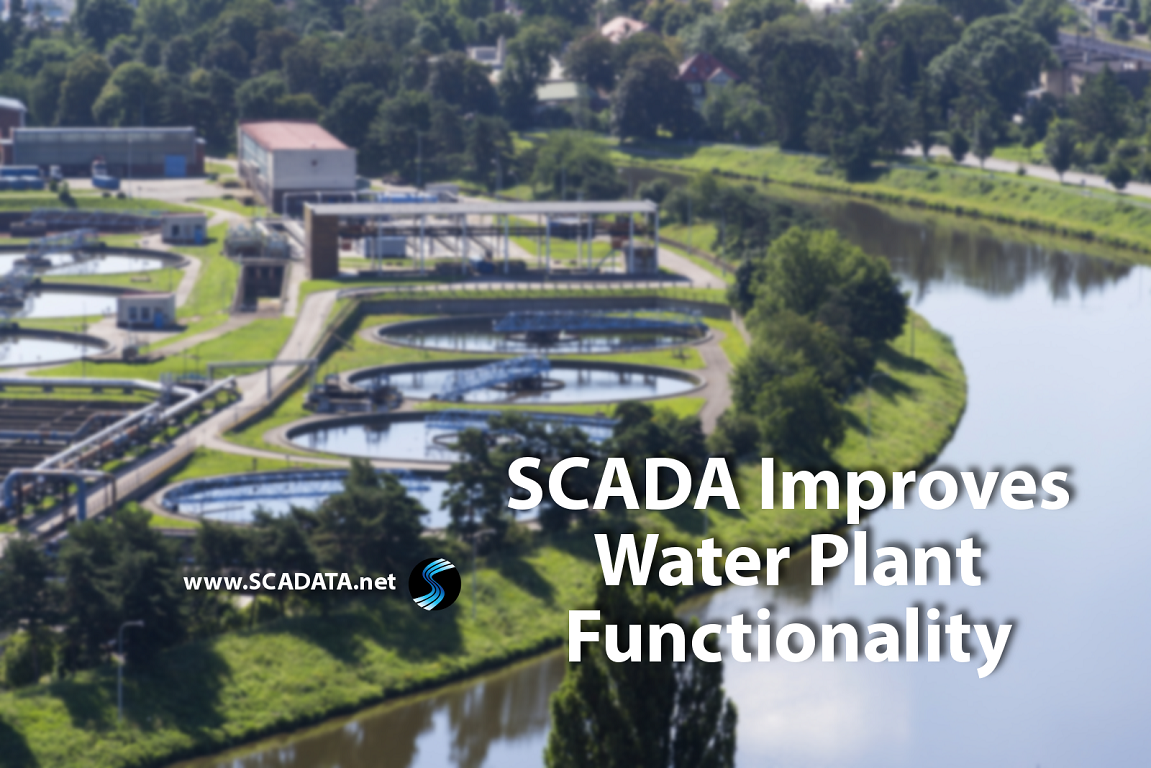Water demand and energy costs are rising on a global level and resources are shrinking–all while aging water infrastructures are rapidly deteriorating. Such concerns are calling for a move to smart technology solutions that promise more efficient, sustainable water systems.
Fortunately, recent advances in technology have positioned water plant operators as a major force for system improvement, regulatory compliance, and financial planning.
Water is a resource that must be properly managed. With appropriate oversight and the right tools, we can ensure that water remains a sustainable resource. Many water plant operators have found success by adopting a SCADA solution which allows for increased flexibility and reduced expenses at the facility.
Control is of the utmost importance. Having control over our water plants allows us to avoid excessive waste. SCADA technology allows operators to remain plugged in to plan operations and equipment through Programmable Logic Controllers(PLCs). This allows the right people to act quickly if needed.
Data is also available at their fingertips. Fortunately, it is no longer necessary to send operators to take manual readings from each flowmeter. The data is accessed easily from any device. SCADA also makes it possible to review historical data for the sake of comparison and troubleshooting. Historical data can include metrics like plant flow, waste-activated sludge flow, digester temperature, and dissolved oxygen. Graphs may be created using time constraints and any combination of readings can be displayed on the same graph.
Alarms provide another layer of security. These alarms might be triggered by high level or low pressure switches, �pump failure, or valves not closing. The PLCs serve as an early warning sound so that issues can be resolved before they become disasters.
But perhaps the biggest advantage of SCADA is the time-saving opportunity. Operators can focus more on what they do best and less on tasks that can take them away from more important work. When implementing SCADA, the PLCs take care of most of the important hourly tasks which previously dominated the operator’s daily schedule.
SCADA is one way water utility operators can effectively monitor network efficiency and performance. When issues are detected, operators can quickly take action to prevent adverse public health and economic issues.
Models like SCADA can empower operators to better manage their water supplies and distribution systems more efficiently—critical in today�s climate of scarcity.
For more information, check out our post on what makes a good SCADA system.




